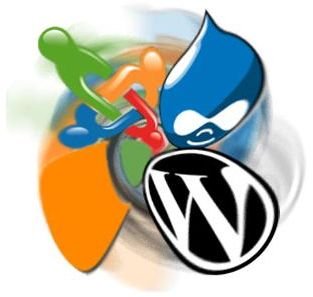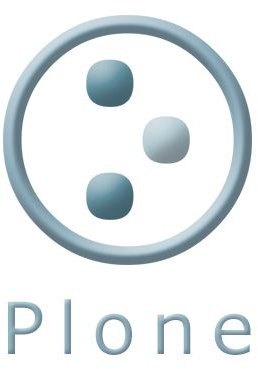Information About The Plone Content Management CMS
Brief History and Highlights
Plone is an open source content management system (CMS) backed exclusively by a group of over 200 core technicians and a large community of developers.
Plone was originally created in 1999 by a group of three developers, Vidar Andersen, Alan Runyan, and Alex Limi. In 2001, Plone was released as an official open source content management system. Three years later, 2004, Plone’s 2nd official release Plone 2.0 hit the market. 2004 also lead to the birth of The Plone Foundation, the current company behind Plone.
Plone is currently available for all three major operating systems, Microsoft Windows, Apple Macintosh OS X, and Linux.
The Plone CMS

The Plone CMS is unique compared to other content management systems such as WordPress, Drupal, and Joomla, in that it uses Python rather than PHP. As a very basic explanation, Python is a general purpose coding language. PHP can also be a general purpose coding language, however it is used mainly for web based purposes. PHP and Python are simply put, two different programming languages. They are both capable of many of the same things, but the actual coding of the languages is different. SImilar to spoken languages, Example: English and Spanish are two languages that are written differently, but both have a word for “Hello”. If you would like to learn more about the coding of Plone and how Python is integrated, you can read the official documentation here.
Some very notable establishments such as NASA, Nokia, eBay, Penn State, Utah State, and even the New Zealand Government have all chosen plone for their content management system needs.
Who Should Use Plone?

Anyone looking to create a website based on an open source content management system can give Plone a try. You can even build blogs with Plone. However, if you are unfamiliar with Python, the learning curve may be somewhat difficult to learn. Luckily, there are a number of add-ons available for Plone that will help integrate modules and elements into your website with ease. Also, there is a large community backing behind Plone that is normally more than willing to help and answer any questions that you may have.
To get a good look at Plone before deciding if you want to install it, check out some of these tutorial videos. They will let you get a good look and feel for how the Plone CMS functions.
